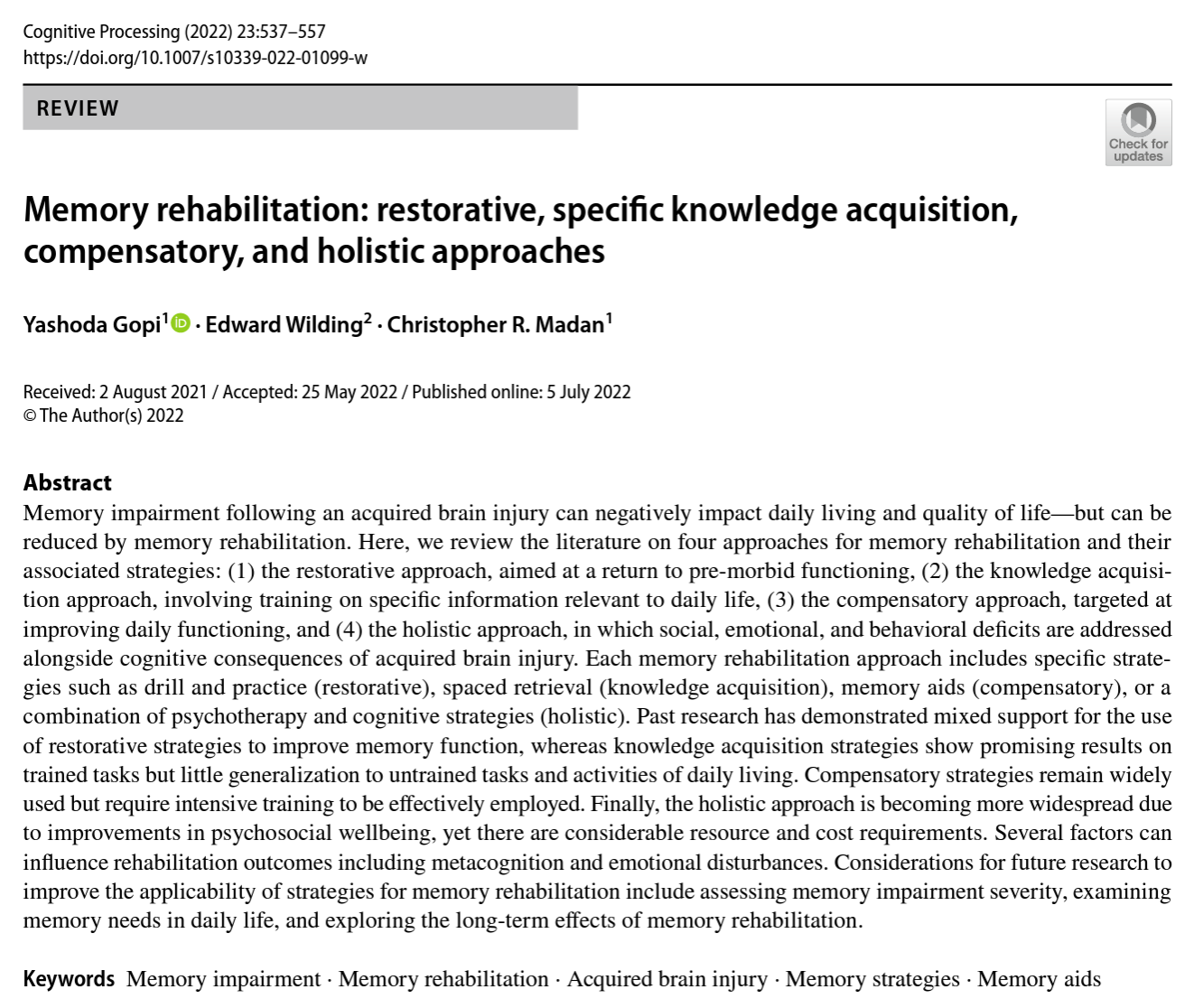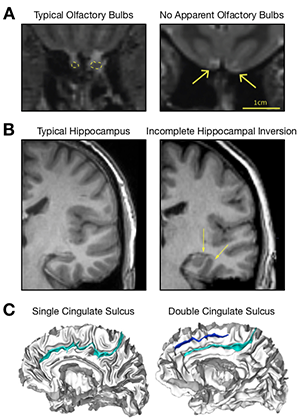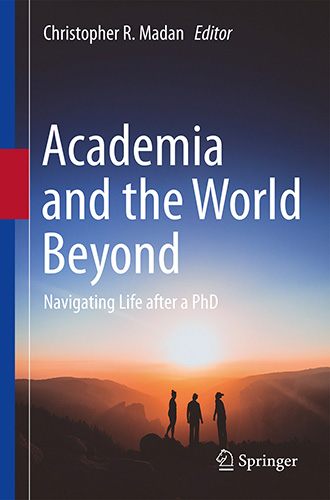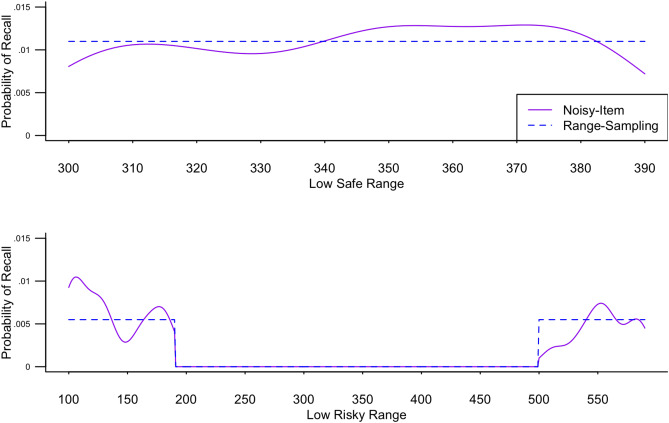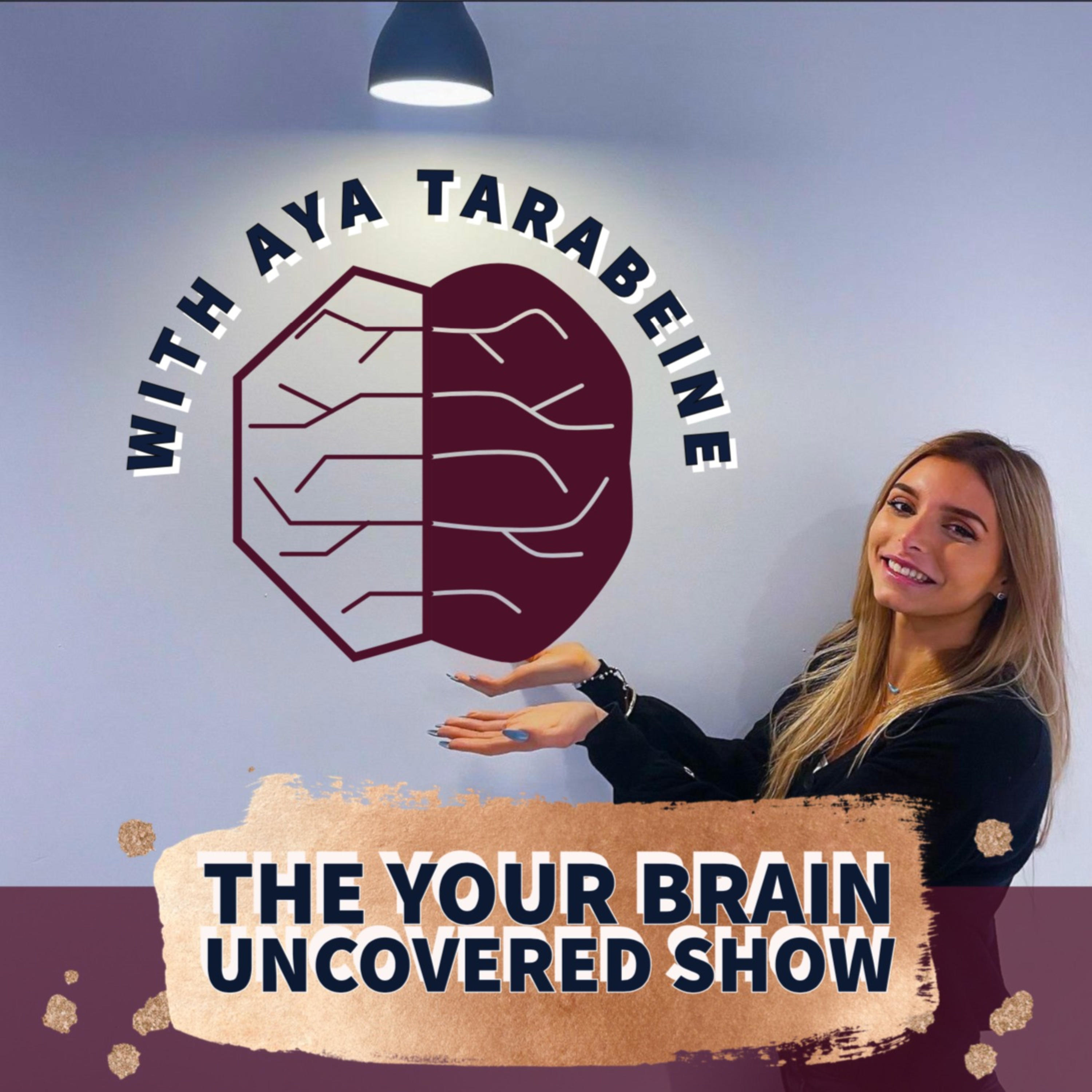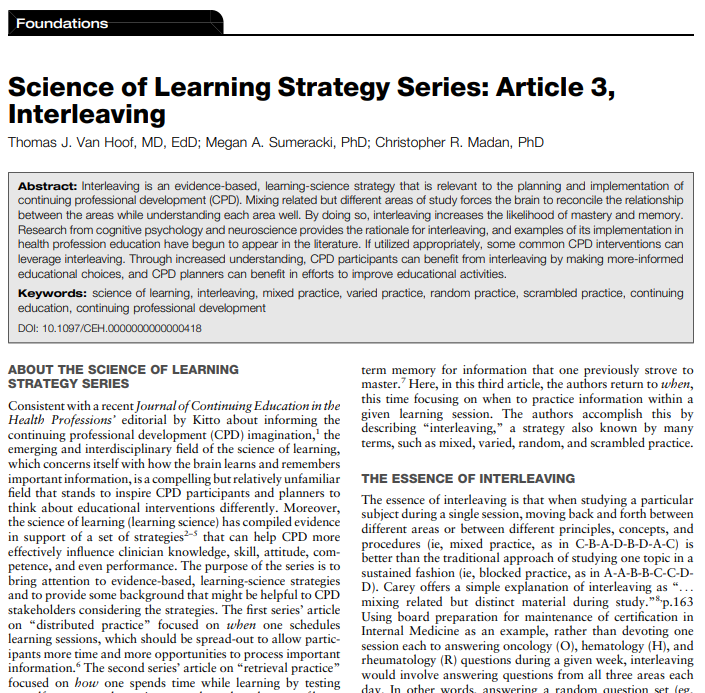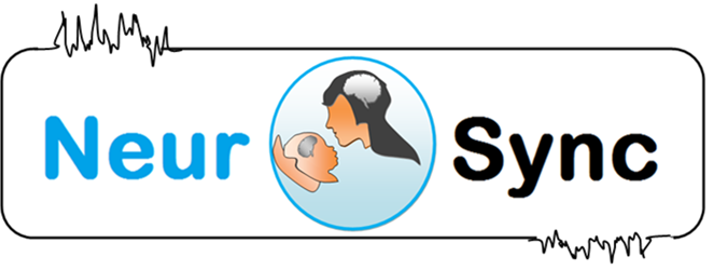Lab Updates
Call for papers: Methods and Application in Fractal Analysis of Neuroimaging Data
Dr. Madan is co-editing a special issue at Frontiers in Human Neuroscience:
“The high complexity of the human brain inherently underpins the incredible variety of cognitive, motor, and sensory functions. Measuring such complexity may help define a comprehensive feature able to represent the general organization of the brain. Fractal analysis is a framework able to represent highly complex structures or signals and gives complementary and powerful tools for capturing and quantifying brain complexity.”
Call for papers: Cognitive biases in decision making
Dr. Madan is co-editing a special issue at Humanities and Social Science Communications:
“Cognitive shortcuts (or heuristics) and their consequent psychological and behavioural biases can profoundly affect and shape the judgments and decisions we make in our everyday and professional lives. The causes of bias are varied, can be both implicit or explicit, and socially or culturally learned. They may include a lack of regard for statistics and evidence, and environmental factors that compete for our attention. Undoubtedly, cognitive bias is a major contributor to errors, misjudgements and disagreement in many settings.”
Memory rehabilitation: Restorative, specific knowledge acquisition, compensatory, and holistic approaches
New review paper published, led by Yashoda Gopi.
“Here, we review the literature on four approaches for memory rehabilitation and their associated strategies: (1) the restorative approach, aimed at a return to pre-morbid functioning, (2) the knowledge acquisition approach, involving training on specific information relevant to daily life, (3) the compensatory approach, targeted at improving daily functioning, and (4) the holistic approach, in which social, emotional, and behavioral deficits are addressed alongside cognitive consequences of acquired brain injury.”
Psychological Science Open Science Advisor
Dr. Madan has recently begun as as one of three inagural Open Science Advisors at Psychological Science.
Scan Once, Analyse Many: Using Large Open-Access Neuroimaging Datasets to Understand the Brain
A special issue in Neuroinformatics is now out, including a paper by Dr. Madan providing an overview of many large neuroimaging datasets.
Academia and the World Beyond
“Academia and the World Beyond: Navigating Life after a PhD” is out! If you’ve ever been asked “What will you do after?” and been unsure what to say, this book is for you!
Dr. Madan interviewed 22 people with PhDs in both academic and non-academic careers. What did they study, what do they do now, how did they transition, what advice do they have for current PhD students. Also great for supervisors in knowing more about the options and current job market.
Biased confabulation in risky choice
New paper out in Cognition, led by Alice Mason.
“In three pre-registered experiments, we presented people with risky options, where the outcomes were drawn from continuous ranges (e.g., 100–190 or 500–590), and then assessed their memories for the outcomes experienced. […] people were very poor at recalling the exact outcomes encountered, but rather confabulated outcomes that were consistent with the outcomes they had seen and were biased towards the more extreme ranges encountered.”
The Your Brain Uncovered Show with Aya Tarabeine
Dr. Madan was recently on a podcast, discussing findings on emotional memory and memory strategies.
Oxford Handbook of Human Memory
The new edition of the Oxford Handbook of Human Memory is coming out soon!
It spans an impressive array of 82 chapters, including one on “Conditioning and Associative Learning” in collaboration with Alice Mason and Elliot Ludvig.
Great things can be done with open data
Two new papers published recently, based on analyses of the HCP Young Adults dataset.
The first was led by Ian McDonough and focused on differences in brain function and structure related to dementia risk: “Young adults with a parent with dementia show early abnormalities in brain activity and brain volume in the hippocampus: A matched case-control study”.
The second was led by Carly McIntyre-Wood and James MacKillop, examining individual differences in delay discounting in relation to brain structure: “Neuroanatomical foundations of delayed reward discounting decision making II: Evaluation of sulcal morphology and fractal dimensionality”.
Science of Learning Strategy Series: Article 3, Interleaving
The third article in an on-going series in the Journal of Continuing Education in the Health Professions is now out.
“Interleaving is an evidence-based, learning-science strategy that is relevant to the planning and implementation of continuing professional development (CPD). Mixing related but different areas of study forces the brain to reconcile the relationship between the areas while understanding each area well.”
Project NeuroSync
Dr. Madan is now collaborating on Project NeuroSync, lead by Sobana Wijeakumar.
“Project NeuroSync is a newly funded research project in the Infant and Toddler Lab in the School of Psychology at the University of Nottingham. It is run by a multi-disciplinary team of psychology researchers and neuroscientists interested in child development. In this project, we are interested in how babies respond to, learn to interact with and eventually, ‘fall into sync’ with their mothers. To this end, we will use experimental games, brain scanning equipment, head-mounted cameras and questionnaires to understand how babies ‘fall into sync’ with their mothers.”
